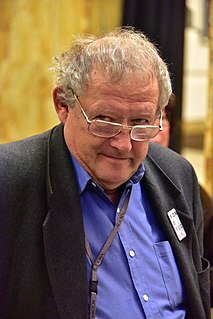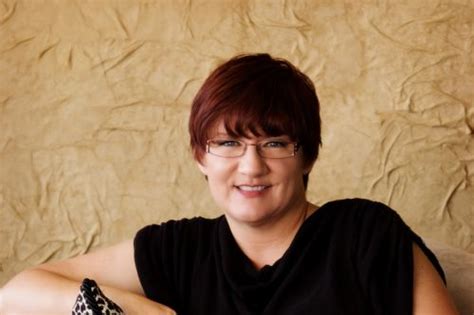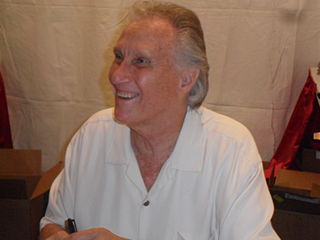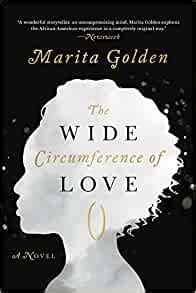A Quote by Ryszard Kapuscinski
In Poland a man must be one thing: white or black, here or there, with us or against us -- clearly, openly, without hesitations. . . . We lack the liberal, democratic tradition rich in all its gradations. We have instead the tradition of struggle: the extreme situation, the final gesture.
Related Quotes
We may be thankful that frightened civil authorities ... have not managed to eradicate from the country the tradition of the possession and use of firearms, that profound and almost instinctive tradition of Americans. Luckily for us, our tradition of bearing arms has not gone from the country, the tradition is so deep and so dear to us that it is one of the most treasured parts of the Bill of Rights - the right of all Americans to bear arms, with the implication that they will know how to use them.
We lack a political culture, a culture of compromise. We in Poland, as well as the Hungarians, have never learned this sort of thing. Although there is a strong desire for freedom in the countries of Eastern Europe, there is no democratic tradition, so that the risk of anarchy and chaos continues to exist. Demagoguery and populism are rampant. We are the illegitimate children, the bastards of communism. It shaped our mentality.
another tradition to politics, a tradition (of politics) that stretched from the days of the country’s founding to the glory of the civil rights movement, a tradition based on the simple idea that we have a stake in one another, and that what binds us together is greater than what drives us apart, and that if enough people believe in the truth of that proposition and act on it, then we might not solve every problem, but we can get something meaningful done.
What is literary tradition? What is a classic? What is a canonical view of tradition? How are canons of accepted classics formed,and how are they unformed? I think that all these quite traditional questions can take one simplistic but still dialectical question as their summing up: do we choose tradition or does it choose us, and why is it necessary that a choosing take place, or a being chosen? What happens if one tries to write, or to teach, or to think, or even to read without the sense of a tradition? Why, nothing at all happens, just nothing.
As Americans, we can take enormous pride in the fact that courage has been inspired by our own struggle for freedom, by the tradition of democratic law secured by our forefathers and enshrined in our Constitution. It is a tradition that says all men are created equal under the law and that no one is above it.
This wasn’t just an attack against the Boston Marathon... It was an attack against the American public and our democratic use of the streets. We have used our public roadways for annual parades, protest marches, presidential inaugurations, marathons, and all manner of other events. The roads belong to us, and their use represents an important part of our free and democratic tradition.
Tradition is only democracy extended through time; it may be defined as an extension of the franchise. Tradition means giving votes to the most obscure of all classes, our ancestors. It is the democracy of the dead. Tradition refuses to submit to the small and arrogant oligarchy of those who are merely walking about. All democrats object to men being disqualified by accident of birth; tradition objects to their being disqualified by accident of death. Democracy tells us not to neglect a good man's opinion, even if he is our father.
He[Michael Jackson] had a joy in being alive. There was a joy you felt of him on the stage and making us not just feel good but pushing us against ourselves with the "Man in the Mirror," looking at ourselves critically, "Black or White," what does it mean to get caught in a color as opposed to a rich history and culture?
We black women must forgive black men for not protecting us against slavery, racism, white men, our confusion, their doubts. And black men must forgive black women for our own sometimes dubious choices, divided loyalties, and lack of belief in their possibilities. Only when our sons and our daughters know that forgiveness is real, existent, and that those who love them practice it, can they form bonds as men and women that really can save and change our community.
































